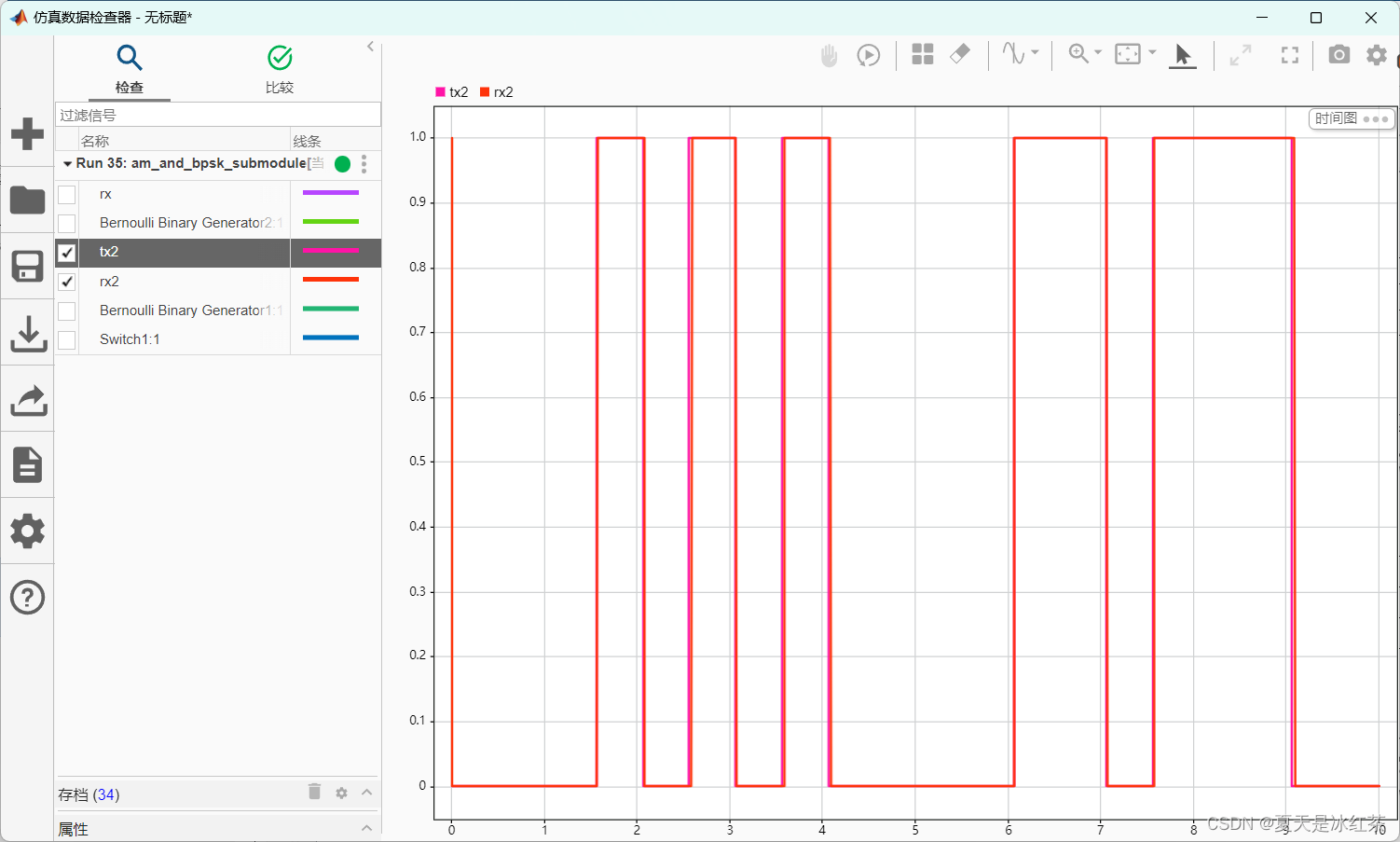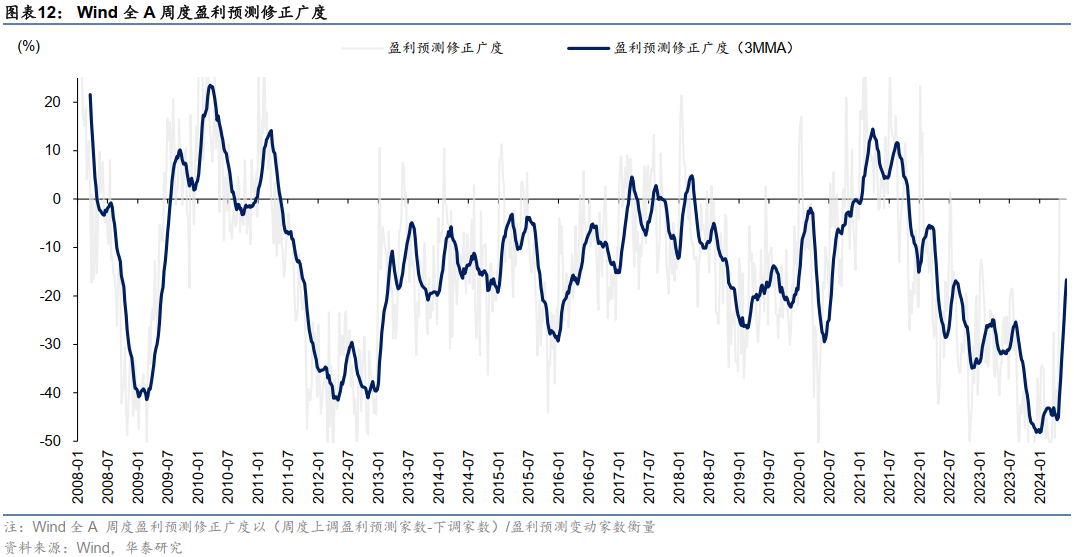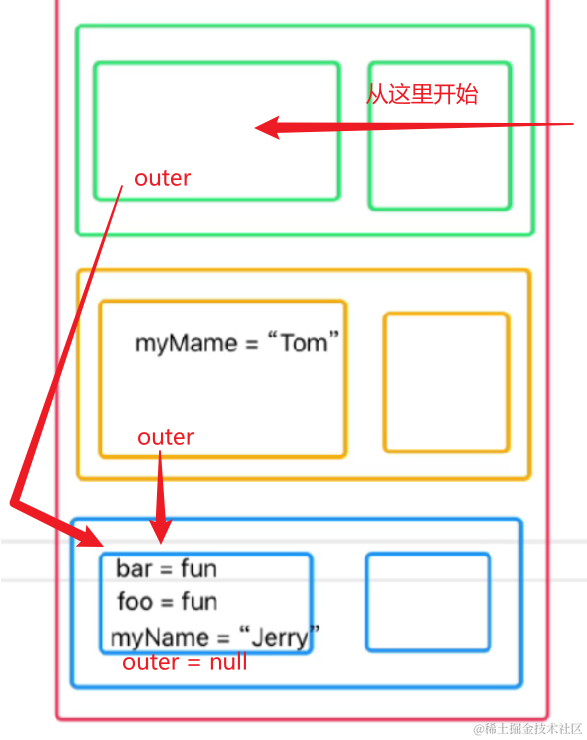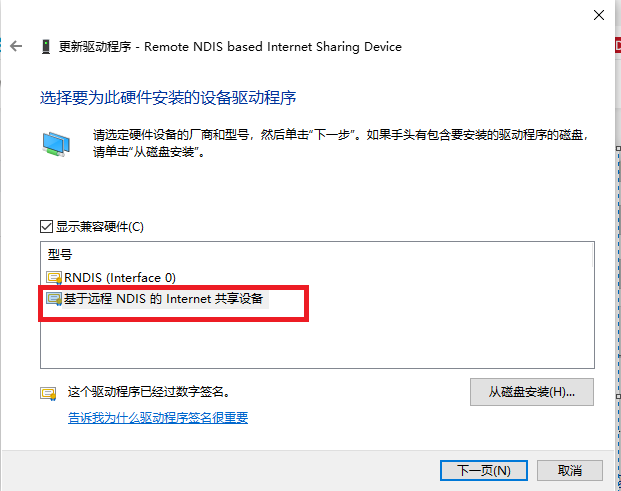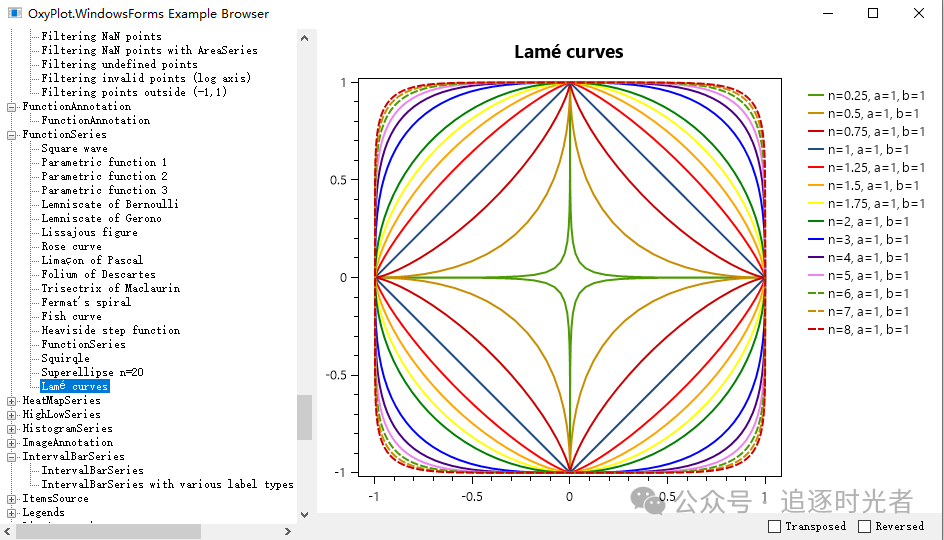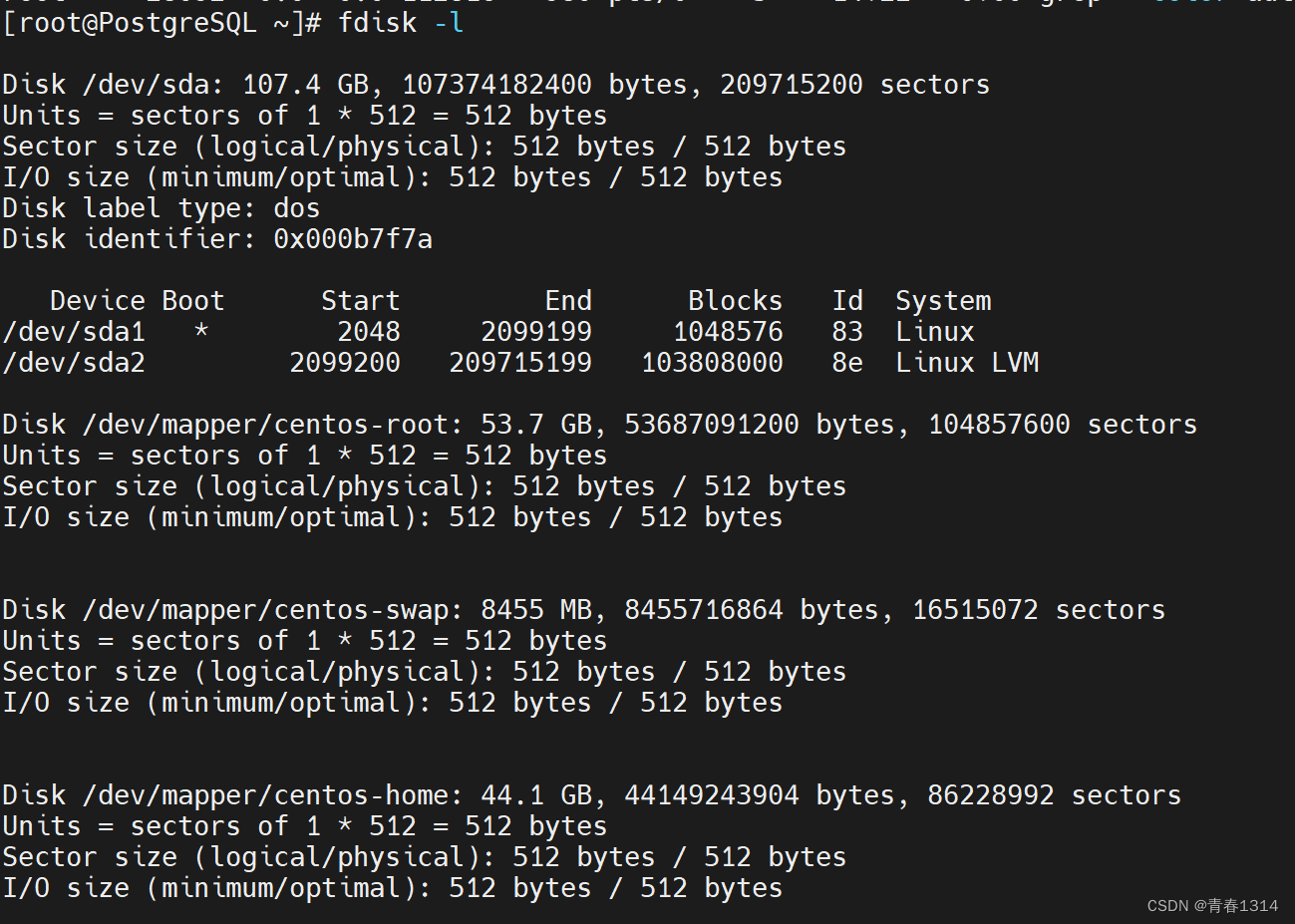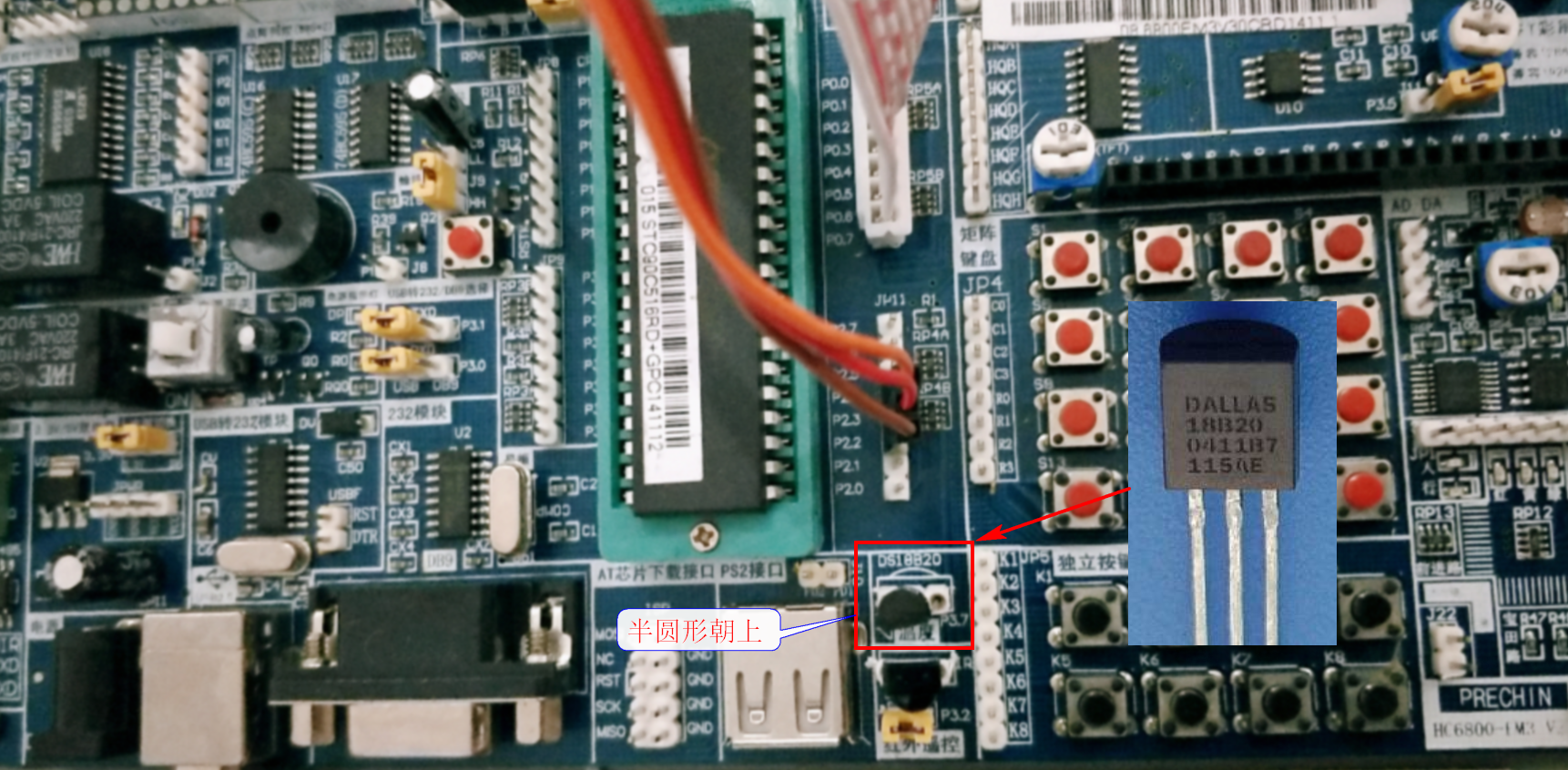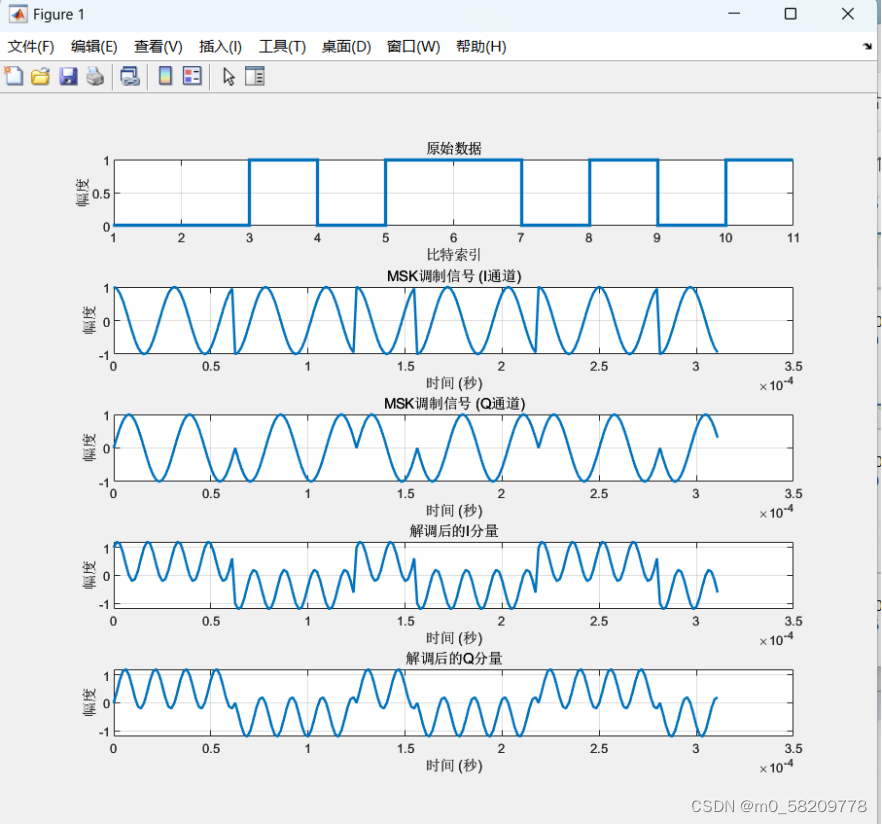
郭的
char *search( char *s, char *t ){
int i=0;
while(s[i]){
int j=0;
if(s[i]==t[0]){
while(s[i+j]==t[j]&&t[j]){
j++;
}
if(t[j]=='\0')
return s+i;
}
i++;
}
return NULL;
}AI的
#include <stdio.h>
#include <string.h>
#define MAXS 30
char *search(char *s, char *t);
int main()
{
char s[MAXS], t[MAXS], *pos;
fgets(s, sizeof(s), stdin);
fgets(t, sizeof(t), stdin);
// 去掉字符串末尾的换行符
s[strcspn(s, "\n")] = '\0';
t[strcspn(t, "\n")] = '\0';
pos = search(s, t);
if (pos != NULL)
printf("%d\n", pos - s);
else
printf("-1\n");
return 0;
}
// 修复并返回子串的位置
char *search(char *s, char *t)
{
int len_s = strlen(s), len_t = strlen(t);
for(int i = 0; i <= len_s-len_t; ++i){
if(strncmp(s + i, t, len_t) == 0){
return s + i;
}
}
return NULL;
}
strncmp 和 strcmp
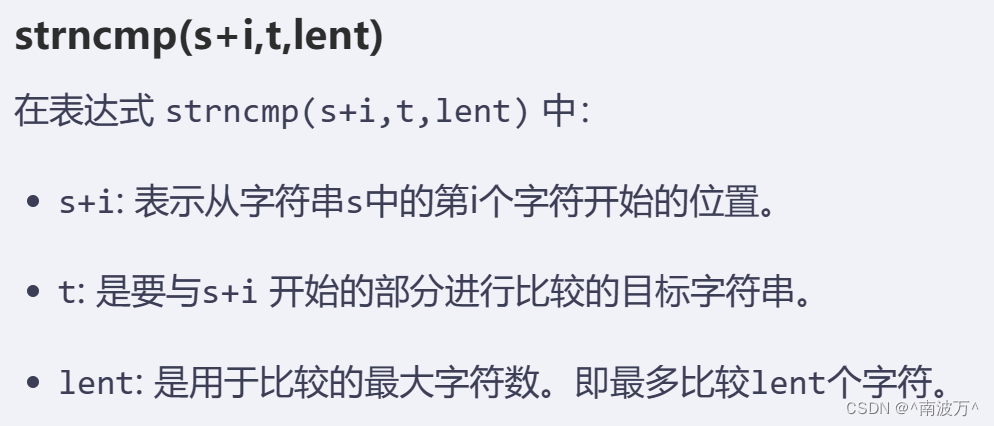

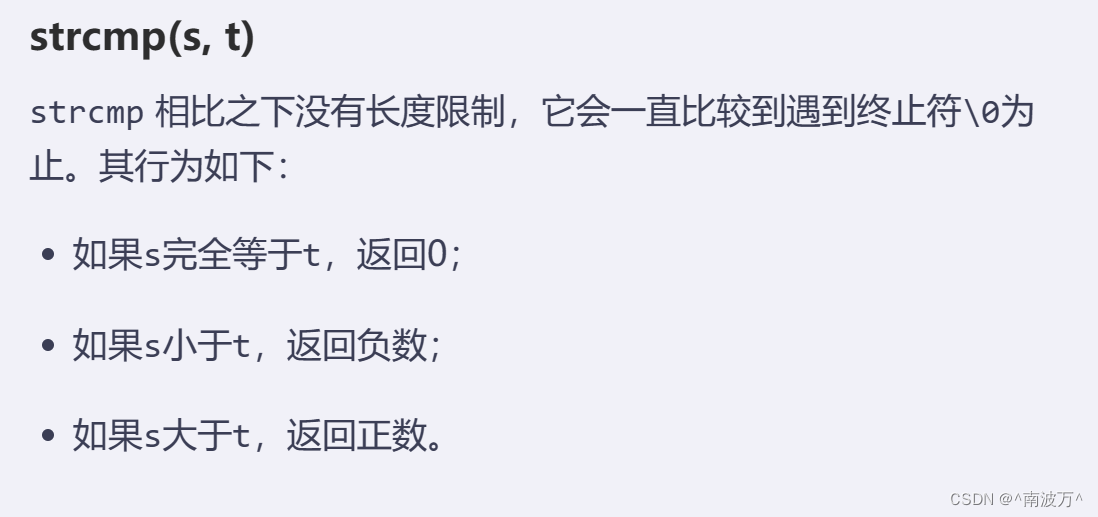
不包含<string.h>时如何计算字符串长度?
如果不允许使用标准库中的strlen()或其他函数来获取字符串长度,你可以通过循环遍历字符串直到遇到终止符\0的方式来手动计算长度。
int len = 0;
for (; s[len] != '\0'; len++); // 增量len直到遇到'\0'
char *search( char *s, char *t ) {
int lens = 0; int lent = 0;
int m, n;
// 计算s和t的长度
for(m = 0; s[m] != '\0'; m++) { lens++; }
for(n = 0; t[n] != '\0'; n++) { lent++; }
// 搜索过程
for(int i = 0; i <= lens-lent; i++) {
if(strncmp(s + i, t, lent) == 0) {
return s + i;
}
}
return NULL;
}